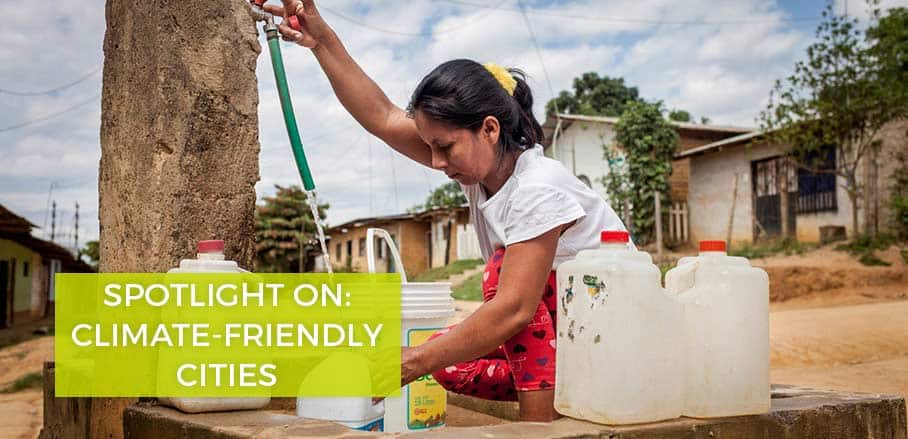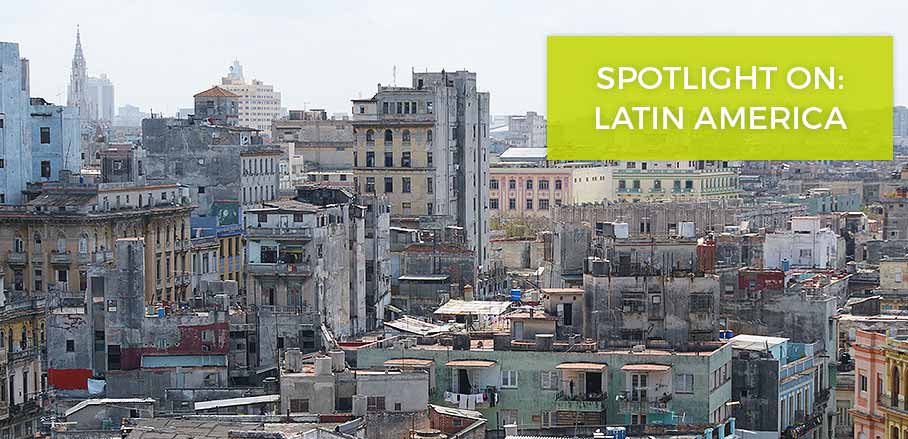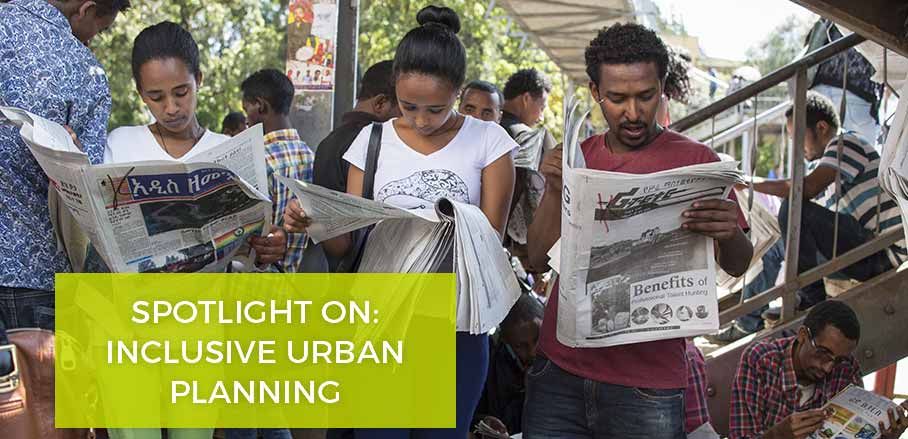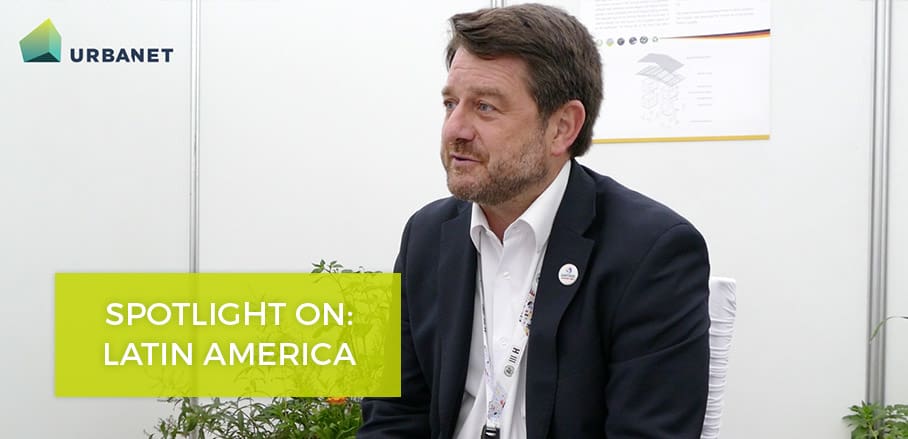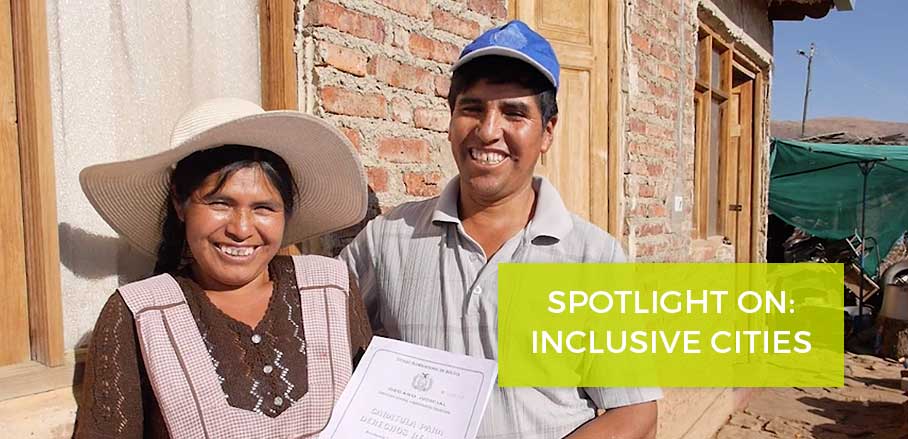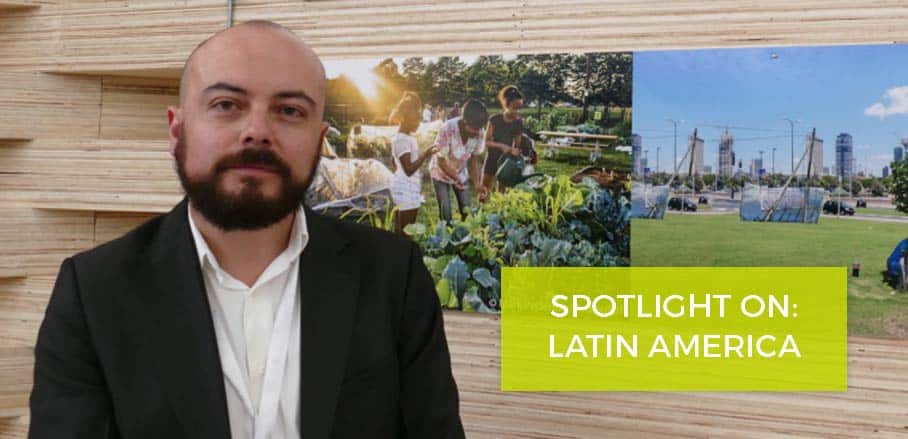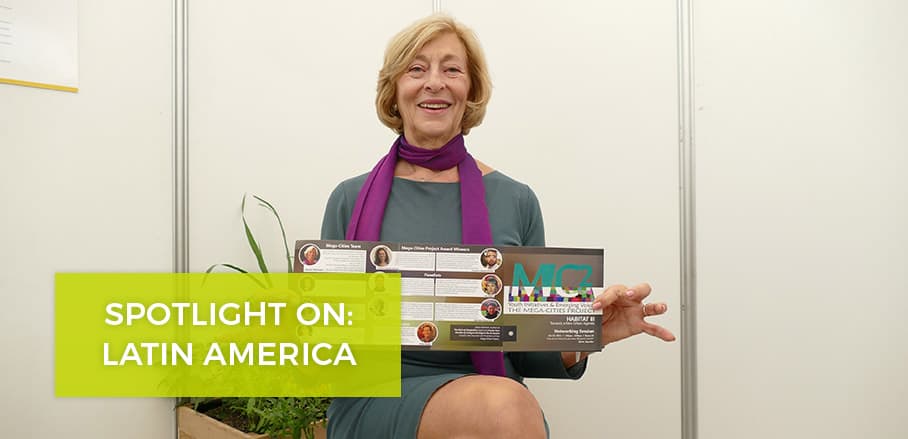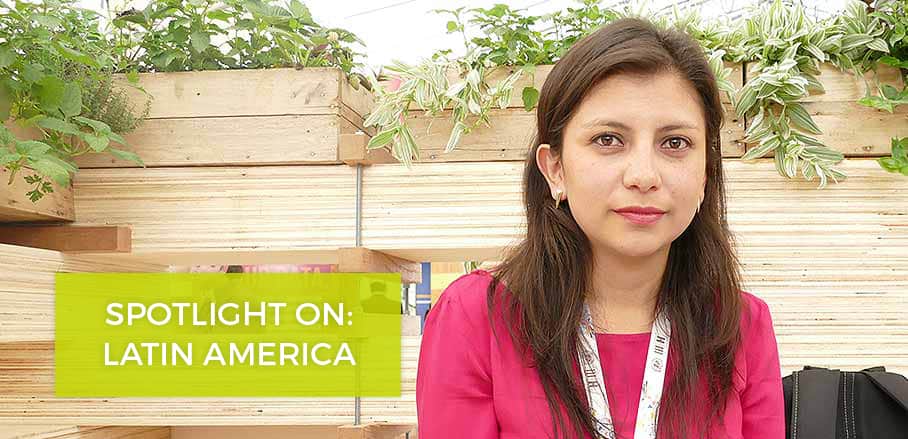Towards sustainable cities: Implementing the NDCs and SDGs at the local level
Cities and urban settlements play a key role in achieving the Sustainable Development Goals and the commitments of the Paris Agreement. Nathaly Arguto and Stella Schroeder cast a spotlight on projects from Latin America, the region with the highest rate of urbanisation in the world, that contribute to implementing the global agendas for sustainability.
